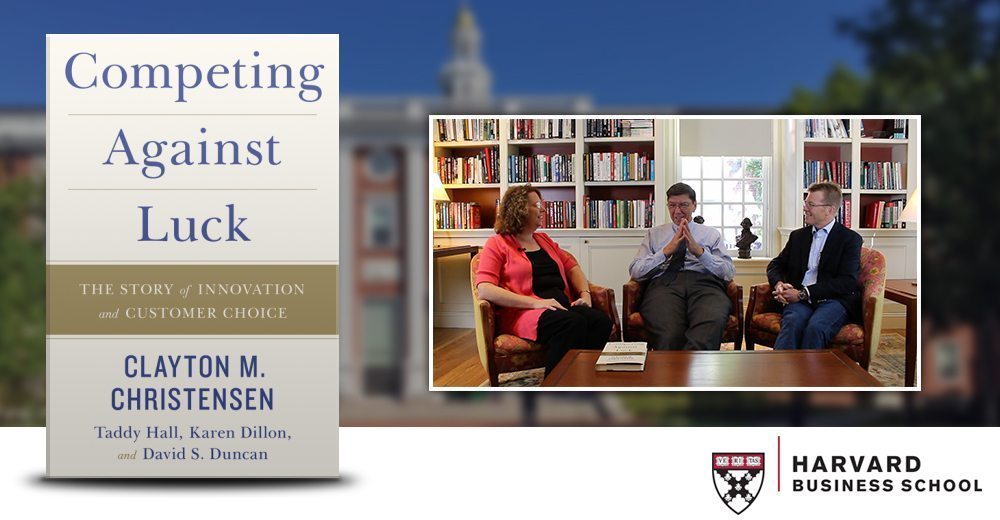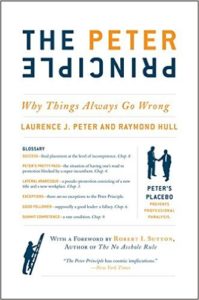We are fascinated that six or seven of the seven major psychopathy traits are also considered desirable traits for leaders. According to Shermer, (Pinker, and Dutton), the seven traits represent both what is wrong and right with the world depending on a delicate balance within individuals. These traits:
1. ruthlessness,
2. charm,
3. focus,
4. mental toughness,
5. fearlessness,
6. mindfulness,
7. action,
are nuanced by five sets of aggressive emotions, and these underpin the noteworthy good or infamous leaders. Aggressive practices are not present at all times within most people but in a larger collaboration, someone is usually hired to hold the stick. These traits are all too visible in current leadership and though deadly, fortunately are also not sustainable. The fruit rots from within. Aggressive emotion states:
1. Predatory and instrumental – violence as a means to an end.
2. Dominance and honor – violence as a means of gaining status hierarchy.
3. Revenge and self-help justice – violence as a means of punishment, retribution, and moralistic justice.
4. Sadism – violence as a means of gaining pleasure at someone else’s suffering.
5. Ideology – violence as a means of attaining some political, social, or religious end that results in a utilitarian calculus. Killing some for the sake of many.
Shermer explains the value well, not immediately apparent in media reports, of Costly Signaling Theory. It’s an important practice both in global balance and corporate manifesto. As an example, “countries prevent wars by flashing signals of power rather than jumping” into action that may be expensive and genocidal. Why is this even necessary? Because we are all too human and our flaws determine our actions as much as our good will.
Having read and enjoyed A World Made For Money by Bret Wallach, I too ask, if global trade is free flowing and protectionism is destructive, why would any country embrace protectionism? There are several reasons. One idea is represented clearly by the two Koreas. One country embraces change, rebuilding, connection, and world trade, while the other closes its borders, leaving itself limited in many areas. This limitation of resources, another reason, foments threats of violence against the same countries it refuses to trade with. Oil and the manipulation of country leadership and markets is part of this second reason.
Any individual or country does not permanently fix ethics and morals. Understanding what we might call rationalization and more importantly, motivation, we begin to understand better that simply doing the right thing might not get the collaboration we expect.
The Moral Arc: How Science and Reason Lead Humanity Toward Truth, Justice, and Freedom by Michael Shermer – Holt: 2015







